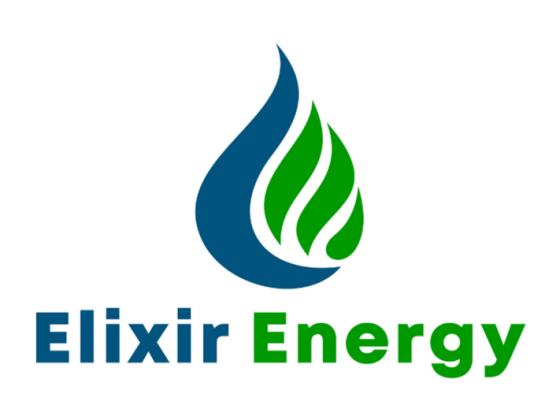Spot Ethereum ETFs: The Current State and Future Prospects
Spot Ethereum ETFs refer to exchange-traded funds that aim to track the price of Ethereum directly. They differ from futures-based or indirect Ethereum ETFs, which track Ethereum future contracts or ancillary digital assets respectively, in that they purchase and hold the actual digital currency. The performance and success of Spot Ethereum ETFs, therefore, are highly dependent on the direct movements of Ethereum’s price.
Comprehending the significance of the idea of Spot Ethereum ETFs requires understanding the broader context — the premier appeal of all varieties of ETFs. Exchange-traded funds (ETFs) provide retail and institutional investors with the ability to participate in the ownership of a bundle of assets that might be difficult to access individually. They also provide a more cost-effective method to diversify investments, a significant advantage for risk-averse investors.
With the continuous growth and maturation of the cryptocurrency market, particularly Ethereum, there has recently been surging interest in launching Spot Ethereum ETFs. This is primarily due to the increased understanding of Ethereum and its user-friendly platform that has dramatically fueled the growth of decentralized applications (dApps) and smart contracts, exploring a whole new level of potential that blockchain technology holds.
However, as it stands, there are no Spot Ethereum ETFs currently trading on any major exchange globally. The main reason is that the valuation of Ethereum and other cryptocurrencies pose risks not typically related to traditional ETFs. Some of these unique risks include high price volatility, lack of liquidity, and vulnerability to cyber theft.
Will They be Approved?
There’s no clear-cut answer to the question of whether Spot Ethereum ETFs will receive approval. The approval for such an asset depends highly on financial regulatory bodies, the most notable being the U.S. Securities and Exchange Commission (SEC). This body has to date withheld approval for any cryptocurrency-based ETFs.
The SEC cites several concerns as reasons to deny these applications, including market volatility, price manipulation, and custody-related issues. Nevertheless, there’s hope that the SEC’s stance might change, given the tremendous evolutions seen within the cryptocurrency market.
The cryptocurrency market has seen significant improvements, especially Ethereum, in terms of security, compliance, and transparency over the past few years. Ethereum has moved towards a Proof-of-Stake (PoS) consensus algorithm that could technically reduce the coin’s volatility. Ethereum also boasts an advanced smart contract platform and has fostered an active and transparent developer community that is working tirelessly to augment Ethereum’s scalability, security, and efficiency.
Should securities regulators warm up to the idea of Spot Ethereum ETFs, it could lead to an influx of capital into the Ethereum market, subsequently spurring more growth and stability. But until regulatory clarity is achieved, the fate of Spot Ethereum ETFs remains uncertain.
To conclude, while the prospect of Spot Ethereum ETFs becomes appealing with Ethereum’s growth, their approval and implementation hinge on overcoming significant regulatory hurdles and providing comprehensive investor protections. The future of Spot Ethereum ETFs will undoubtedly play a crucial role in shaping the evolution and adoption of Ethereum and cryptocurrency as a whole.











